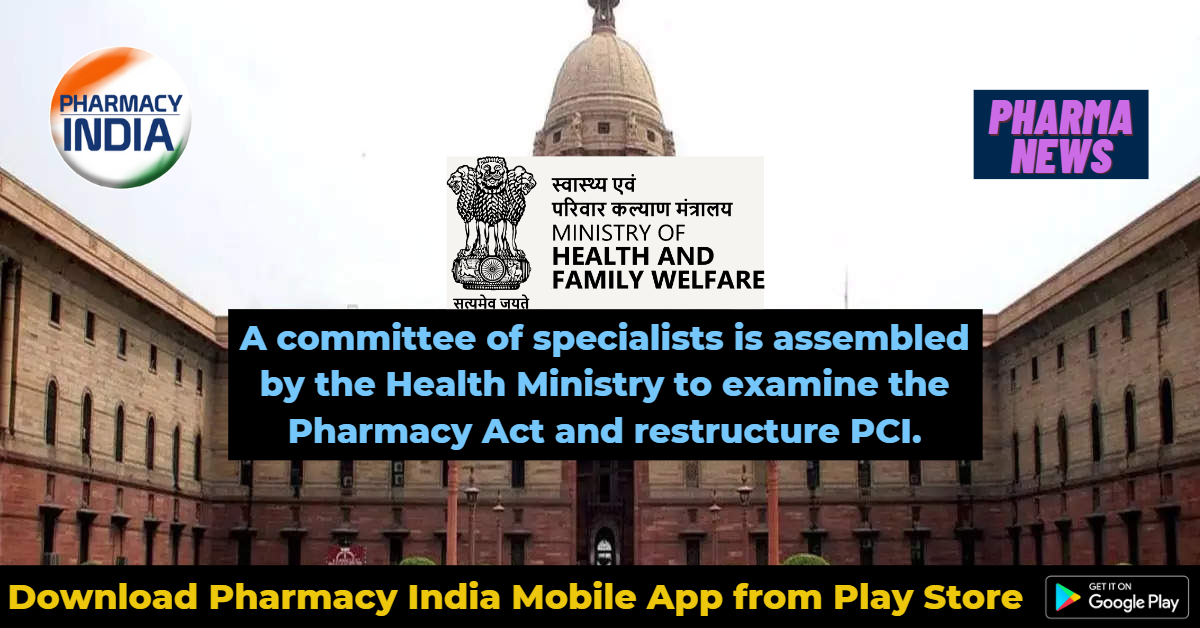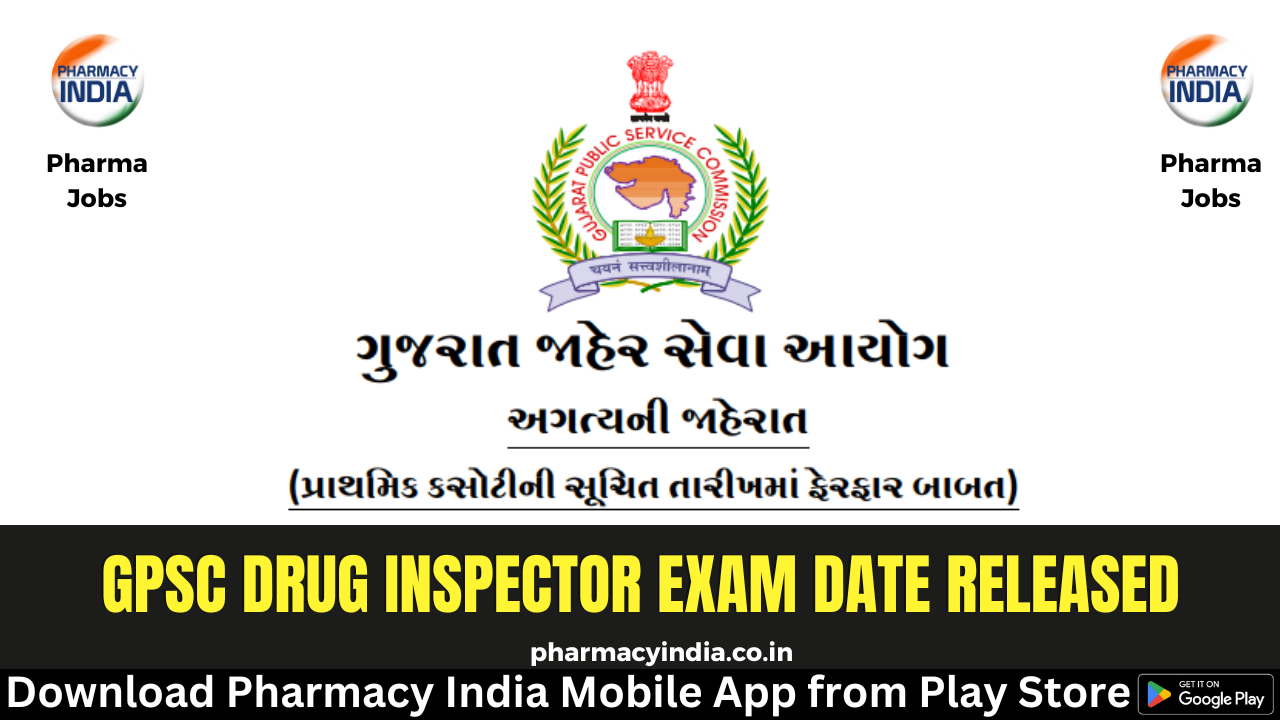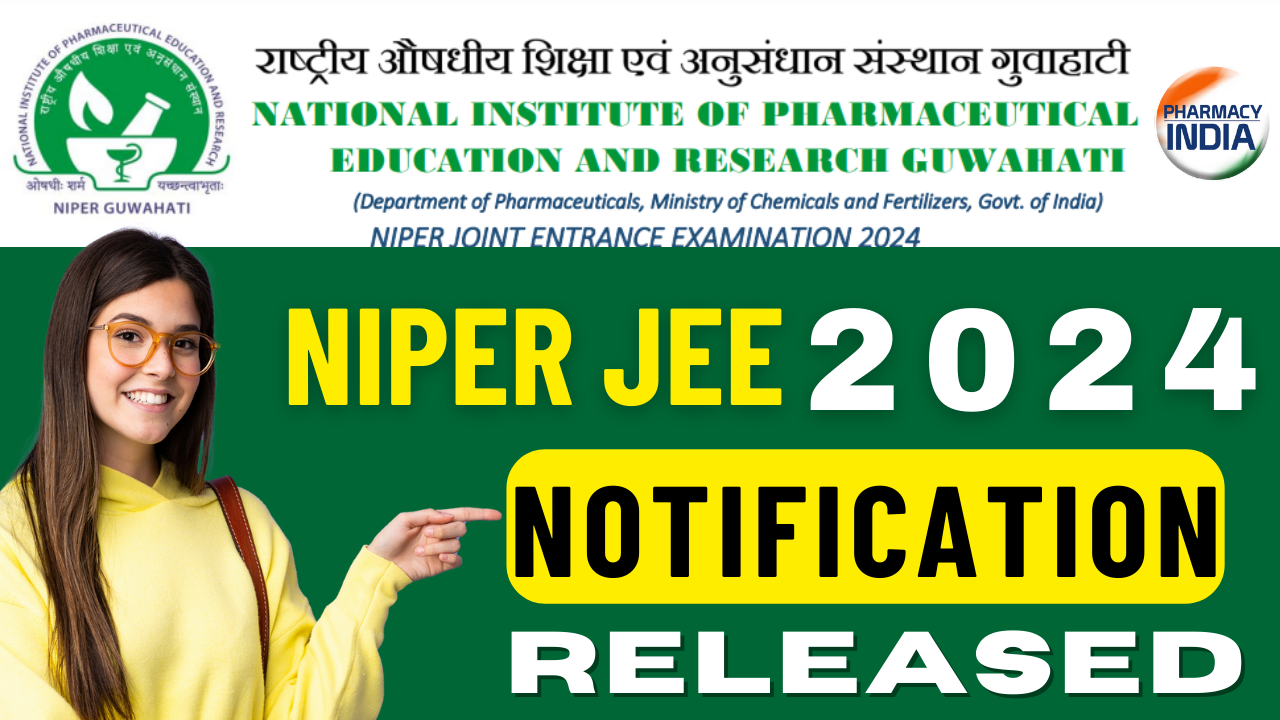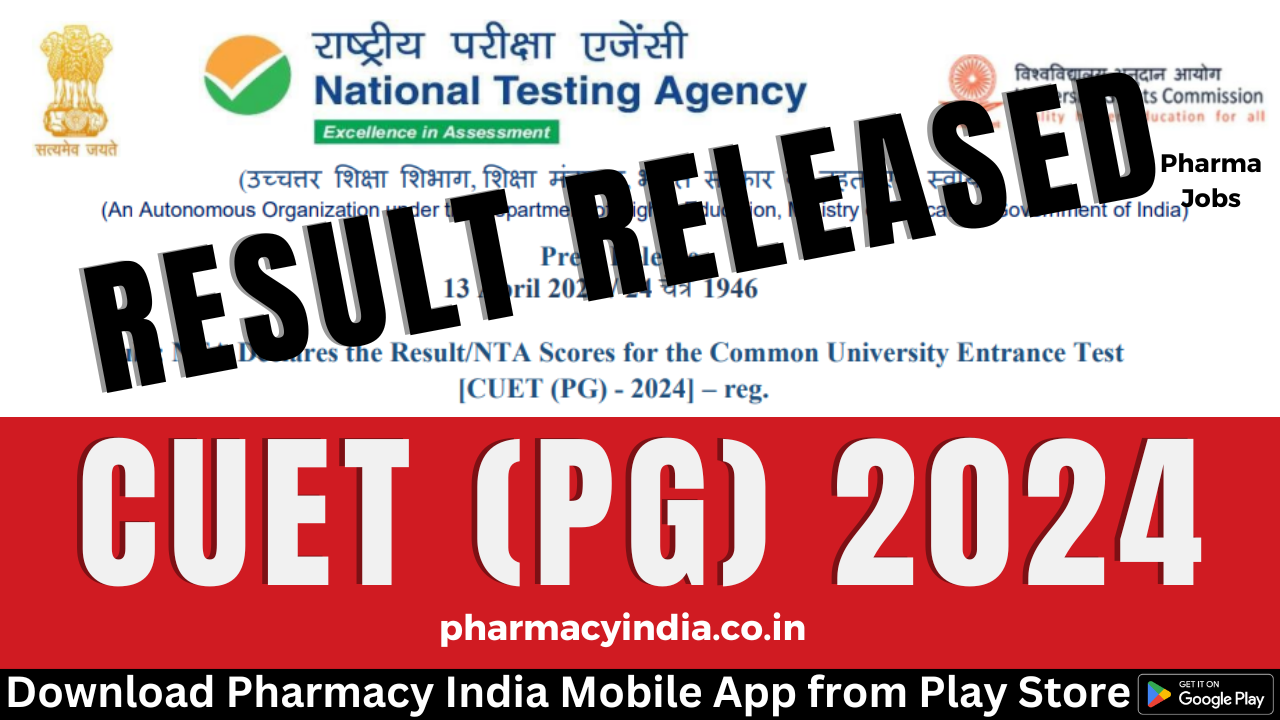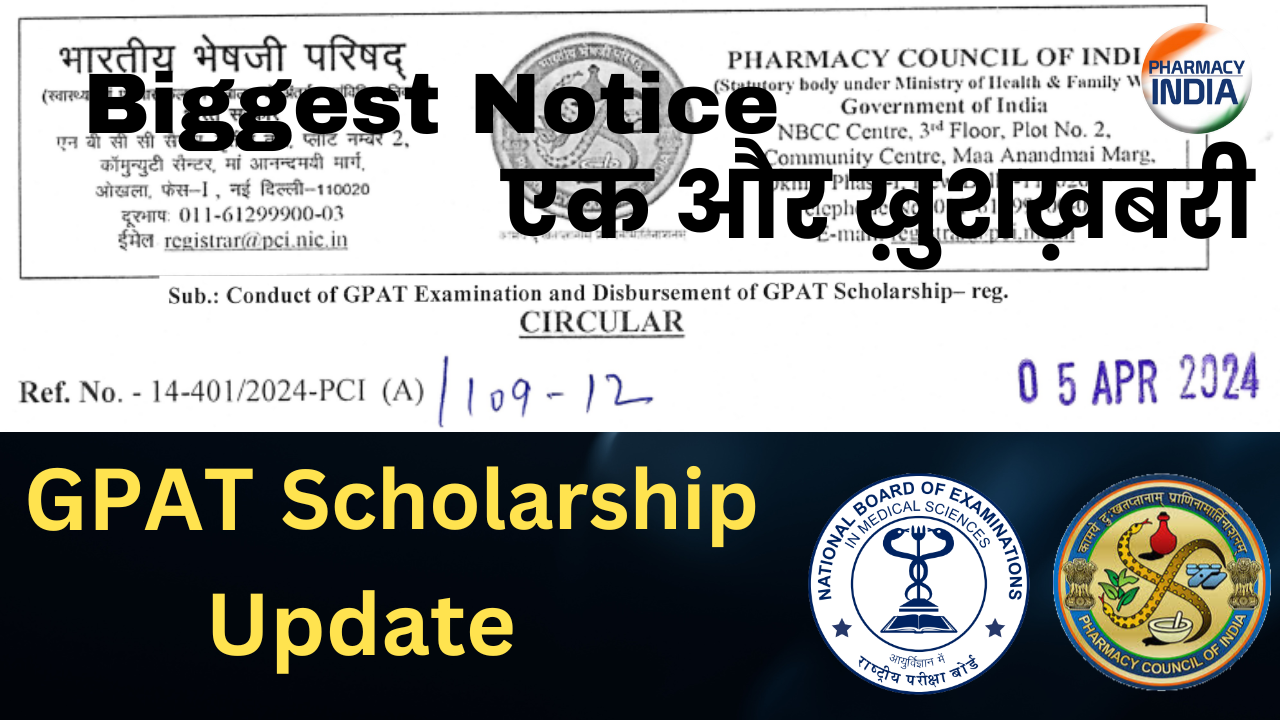The Pharmacy Council of India (PCI), a statutory body established for the regulation of pharmacy education, profession, and practise in the nation, has been reorganised. An expert committee has been established by the Union Ministry of Health to evaluate the regulations governing pharmacy education. The choice was made at a time when the PCI has launched a number of initiatives, including efforts to give clinical pharmacists the authority to issue prescriptions, hold exit exams for D Pharm students, and revamp the country’s pharmacy school curriculum.
According to the ministry’s most recent office directive, a 16-member expert committee has been established, and Dr. Y. K. Gupta, president of the All India Institute of Medical Sciences (AIIMS) Jammu and Bhopal, would serve as its chairman. The Pharmacy Act of 1948 and pharmacy education in the nation will be examined by the expert committee, which will then give proposals for reorganising the PCI, according to the Ministry.
The other members are Dr. Veena Verma, a professor at VMMC and Safdarjung Hospital in New Delhi; Dr. Ajay Prakash, a professor at PGIMER in Chandigarh; Dr. Manju Nair, a scientist in the department of public health at the Sree Chitra Thirunal Institute for Medical Sciences and Technology in Thiruvananthapuram; K. B. Tikoo, the head of the department of pharmacology and toxic Manipal College of Pharmaceutical Sciences; Prof. Arvind Kumar Bansal, head of the Department of Pharmaceutics at NIPER in Mohali; Dr. Harmeet Singh Rehan, professor and HOD at Lady Harding Medical College in New Delhi; Prof. Mohan Lal Kori, professor and dean at Ram Krishan Dharmarth Foundation University in Bhopal; Prof. S. Ramachandra Shetty, professor and principal at Govt College of Pharmacy in Bengaluru; and Dr. Bijo Mathew, professor and head of the Department of Pharmaceutical Chemistry and Analysis at Amrita Vishwa Vidhyapeetham in Kochi; Dr. M. Jayanthi, adjunct professor at JIPMER in Puducherry; Dr. Sharad Wakode, professor at the Delhi Institute of Pharmaceutical Sciences and Research (DIPSAR) in New Delhi; Dr. Sharda Shah Peshin, scientist at the AIIMS Delhi; and Dr. C. N. Patel
A month from the date of the office order, the Committee has been asked to submit its recommendations. The Pharmacy Council International (PCI) is a statutory body governed by the provisions of the Pharmacy Act, 1948, and has been involved in regulating pharmacy education in the country, the pharmacy profession, and pharmacy practises. Its responsibilities include prescribing the minimum standard of education necessary to qualify as a chemist and formulating education regulations that specify the requirements to be met by institutions seeking approval of the PCI, among other things, for teaching pharmacy and ensuring that the educational standards are applied consistently across the nation.
It has the authority to examine pharmacy schools that are applying for approval to make sure the necessary standards are in place, to approve pharmacists’ courses of study and examinations, and to revoke the school’s accreditation if the programmes it has approved stop meeting the PCI’s requirements for academic quality. Also, it has the authority to accept credentials issued outside of the regions covered by the Pharmaceutical Act, such as the acceptance of credentials from abroad. It must also have an up-to-date central registration of pharmacists.



